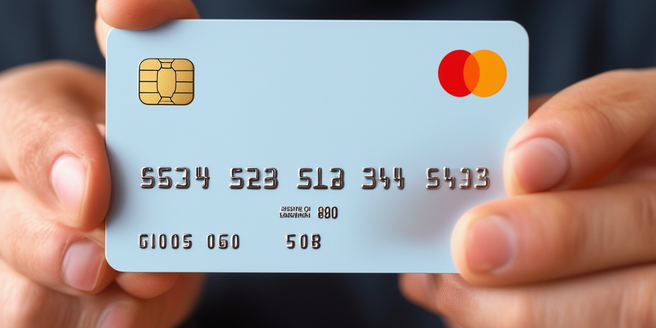Different Types of Credit Cards
There is a vast array of credit cards available today, all with their own unique features. Some cards offer rewards programs, while others focus on low interest rates. Yet another category of credit cards is those that offer hefty cash back on grocery purchases. You can also find cards specifically designed for business expenditures. These different types can be broadly categorized into travel credit cards, cash back credit cards, student credit cards, balance transfer credit cards, and store credit cards. Each type serves different purposes and hence choosing the right one depends on your spending habits and financial needs.
Understanding the Credit Card Application Process
The process to apply for a credit card may seem daunting, but it’s actually quite simple. First, research and compare cards to find one that suits your needs. This step is critical to ensure that you choose a credit card that aligns with your purchasing habits and financial goals. Once you’ve chosen a card, you’ll need to gather your personal information and fill out the application. The issuer will review your information and check your credit report. If you’re approved, you’ll receive your card in the mail along with instructions on how to activate it.
Terms and Conditions of Credit Cards
Understanding the terms and conditions of your credit card is crucial to avoid unexpected charges and fees. One of the first things you should do when you receive a new card is to familiarize yourself with these terms. Key terms include your annual percentage rate (APR), which is the cost of borrowing on the card, and your grace period, the amount of time you have to pay your balance before interest starts accruing. Often, you’ll find these details in the fine print or in an accompanying information booklet. Other important terms include fees for late payments, balance transfers, and cash advances.
Understanding Your Credit Card Statement
Your credit card statement provides critical information about your account. It contains your current balance, any fees or interest charged, your minimum payment, and due date. Additionally, it often includes information on how long it would take to pay off your balance if you only make minimum payments. This statement acts as a key tool in managing your finances effectively. The statement also provides a detailed list of all transactions made during the billing cycle, and includes important messages from your card issuer. Regular review of your statement helps in tracking your spending and ensuring all charges are accurate.
How To Safeguard Your Credit Card
Protecting your credit card from fraud is paramount. Always keep your card in a safe and secure place, and never share your pin or card number. It’s recommended to shred any paperwork that contains your credit card information before disposing of it. When shopping online, ensure you only do so on reputable and secure websites to further safeguard your information. Regularly review your card statements for any suspicious transactions. If your card is lost or stolen, report it to your issuer immediately. Fraud monitoring services and mobile notifications can also help you keep a tab on unusual activities.
Tips for Effective Credit Card Management
Effective credit card management is all about disciplined spending and timely payments. Always ensure that you pay the complete outstanding amount before the due date to avoid interest charges. A great way to do this is by setting up automatic payments. This can be done through your bank or your credit card’s online portal. It’s also beneficial to keep a regular check on your expenses to ensure they stay within your budget. Use your credit card’s advantages wisely, and don’t spend more than you can afford to repay. Regularly reviewing your credit card statement can help spot errors or identity theft quickly. Lastly, never lend your credit card to anyone.


